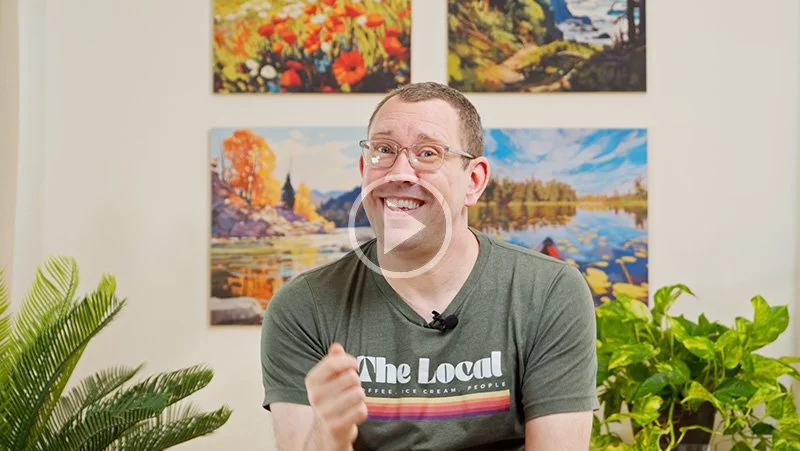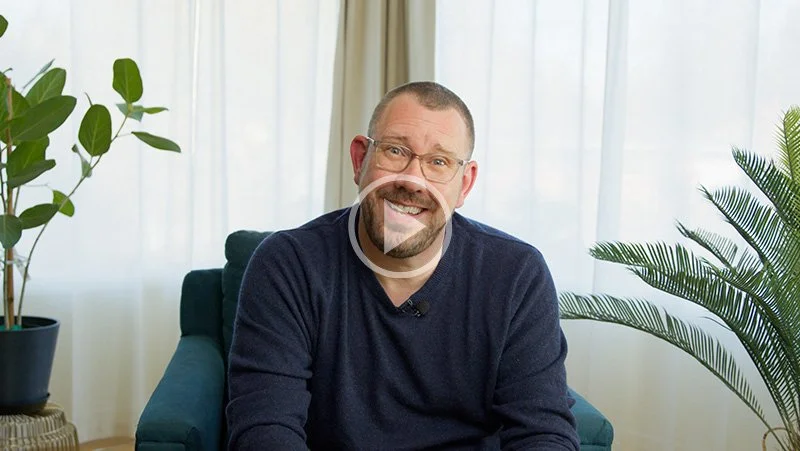How to Apologize Effectively
Welcome to the #culturedrop. Every Tuesday, Galen Emanuele emails tools to advance leadership skills, team culture, and personal growth. No spam, just great content. Sign up now to get it in your inbox.
If you're a human being, it's inevitable that there will be times that you cause harm to someone else that you did not intend through your words or actions. Learn how to effectively say that you're sorry and make amends. Your relationships with other people are more important than your ego. Learning how to apologize is a skill, and it’s incredibly useful to build and maintain healthy relationships.
Why are we so weird about apologizing?
For many of us, there's this weird ego thing about apologizing that makes some people so adverse to it. It’s as though if we admit that we did something wrong or caused harm, we give up imaginary ground or lose face, or are admitting that we’re a bad person. But that’s just not true. Making mistakes and unintentionally causing harm to others are unavoidable pitfalls of having human interactions and relationships.
“Apologizing is not about YOU or how you feel or what you intended. It’s about acknowledging the hurt that was caused to the other person and the importance of the relationship. That’s it.”
The truth is that you don't "look bad" when you apologize, you look bad when you won't.
Here’s the reality: whether you intended it or not, someone else has been hurt or upset by something that you did or said. Apologizing is not about YOU or how you feel or what you intended. It’s about acknowledging the hurt that was caused to the other person and the importance of the relationship. That's it.
So how do you apologize effectively?
You’ve got to take ownership of the impact that your words or actions had on the other person. Don’t dance around it, apologize for what you said or did, and for the harm and impact that you caused.
*Important note* Don’t avoid full ownership by saying that you’re sorry “that they were hurt” by what you did. You are not apologizing for their feelings, you are apologizing for your behavior. Own it.
“You don’t “look bad” when you apologize, you look bad when you won’t.”
“I’m sorry that you were offended” is not an apology, it is a deflection of ownership. The correct version is “I’m sorry that I said that offensive thing.”
If you care about the relationship, it doesn’t matter if you think what you said was offensive or hurtful. The truth is that you're in this situation because it was. Like I said above, apologizing is not about you or how you feel or what you intended, it’s about your impact.
These are the ingredients to an effective apology:
Acknowledge it and name it
Apologize and own your behavior
Don’t do it again.
Example: “I’m sorry that I made an inappropriate comment about your weight. I know that was harmful and I apologize for hurting your feelings. I won’t do that again.”
If you don't understand or agree, ask questions.
If you aren’t sure why what you said or did was harmful, ask for clarification. Postpone your need to be right or defend yourself and just ask to understand the other person’s experience and perspective more deeply. That looks like, “I want to understand where you’re coming from, can you please share with me why that's hurtful or offensive?”
“Don’t be weird about it, just apologize.”
This takes a lot of emotional intelligence to listen and seek to understand someone else, especially if you disagree. It requires vulnerability and courage and is the key to strong, healthy, long-lasting work and personal relationships. If you care about relationships with other people, you prove it to them through your words AND your actions. If you know something is offensive or hurtful to someone else, you learn why and then you stop doing it. Period. There is no alternate version of that.
Inevitably you are going to mess up. What you do about it when that happens says a lot about your character and other people’s experience with you throughout your life and your career. Acknowledge, apologize, take ownership, change your behavior.
Don’t be weird about it, just apologize.
For an additional resource, Brené Brown's podcast has a whole episode around apologizing and I highly recommend checking it out for additional info and perspective. It's great.
Want more?
This article was created by Galen Emanuele for the #culturedrop. Free leadership and team culture content in less than 5 minutes a week. Check out the rest of this month's content and subscribe to the Culture Drop at https://bit.ly/culturedrop







